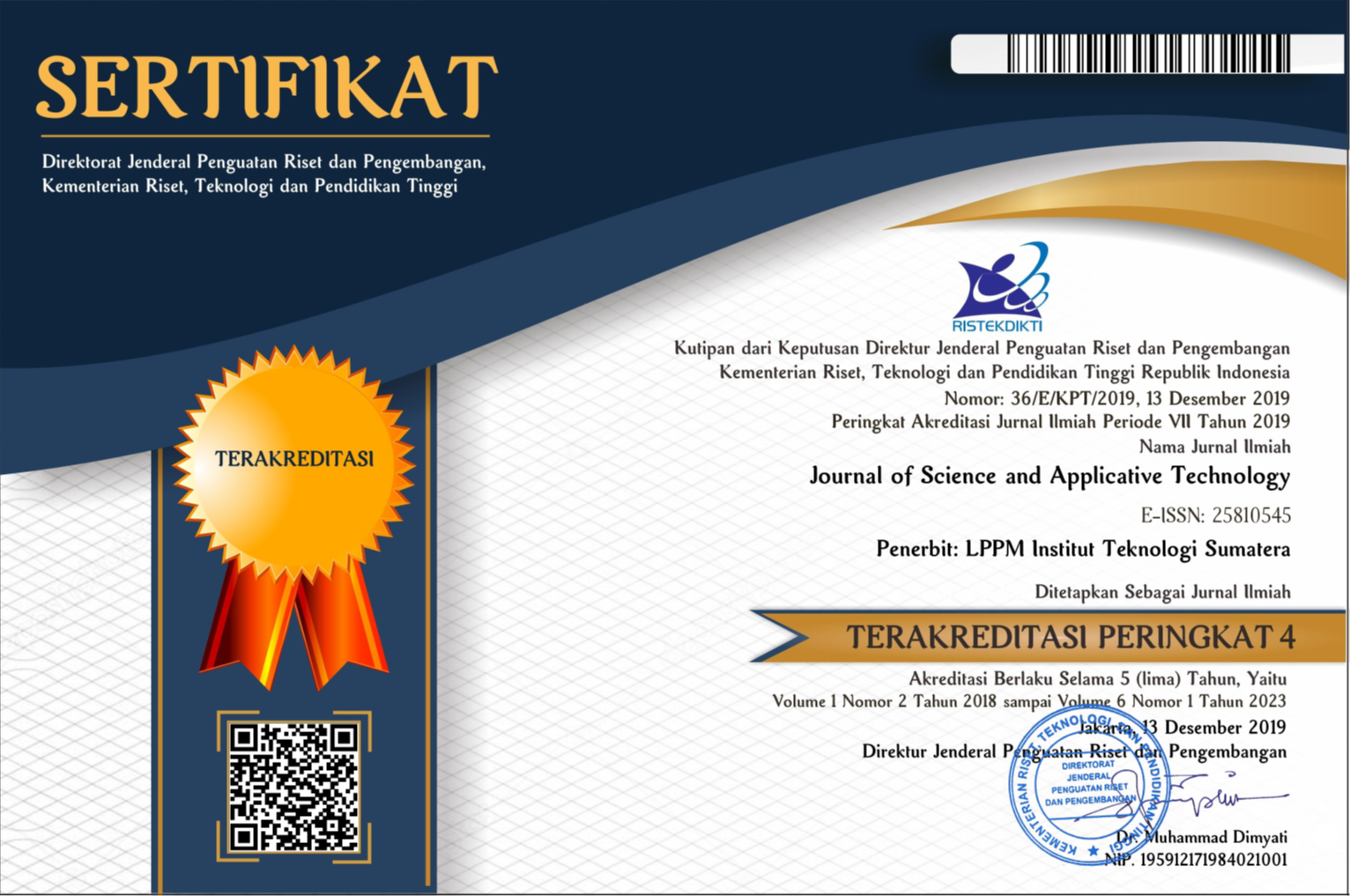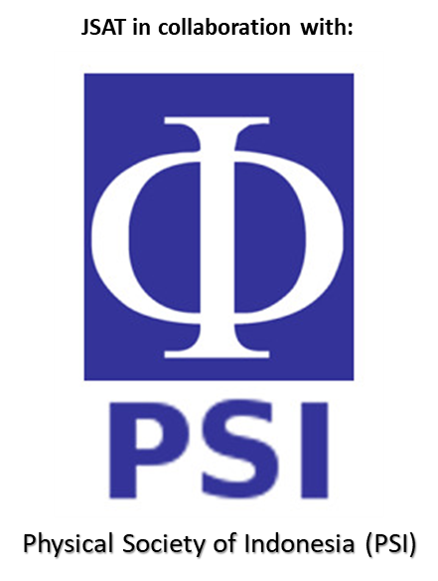JSAT Menu
Conflict of Interest Policy
This policy refers to the policy made by the RSC, and JSAT uses this policy to be applied by Author(s), reviewers and editors.
Code of conduct & conflicts of interest
Code of conduct
One of the foundations of the scientific profession is the acceptance by its members of a 'code of conduct', which outlines desired behaviour and obligations of members of the profession to each other and the public. Such a code of conduct seeks to maximise the benefits of science to society and the profession. The advancement of science requires the sharing of knowledge, even though this may sometimes forego any immediate personal advantage.
The publication of scientific research in journals is one of the fundamental ways. Central to this service is the responsibility that editors, authors and reviewers maintain the high ethical standard relating to the publication of manuscripts. In cases where these guidelines are breached or appear to be so, the Journal of Science and Applicative Technology will consult the core practices and best practice guidelines of the Committee on Publication Ethics (COPE) and act accordingly.
Conflict of Interest
The relevant scientific journal concerned should be informed of any significant** conflict of interest that editors, authors or reviewers may have, in order to determine if any action may be appropriate (such as adding a declaration of an author’s conflict of interest to a published piece, or disqualifying a reviewer). Conflicts of interest are almost inevitable and it is not intended to attempt to eliminate these. For a description and discussion of some leading journals' policies on conflicts of interest see: F van Kolfschooten, 'Conflicts of interest: Can you believe what you read?', Nature, 28 March 2002, vol. 416, pp. 360-363; DOI: 10.1038/416360a.
Financial
Editors, authors and reviewers of a manuscript should inform the relevant journal of any significant financial interest - recent, present or anticipated - in any organisation that may in any way gain or lose financially from the publication of the piece (for example, employment by such an organisation; funds for research; funds for a member of staff; fees for consulting; stock or share holdings; patent interests). If you have such an interest, you may have a conflict of interest, which should be declared.
Other interest
An editor, author or reviewer may wish to disclose to the editor a conflict of interest that would be embarrassing if it became generally known (for example, an academic link or rivalry or a close relationship with, or a strong antipathy to, a person whose interests may be affected by publication of a manuscript).
**Significance may be judged by considering whether an undeclared conflict of interest could be embarrassing were it to become publicly known after the fact.
Potential Reviewers
We may ask authors to recommend suitable reviewers on submission of their manuscript. When recommending reviewers, the following points should be considered:
- Authors should not recommend reviewers with whom they have a conflict of interest, for example, a close collaborator or colleague.
- Recommended reviewers should not be at the same institute as any of the authors listed on the manuscript.
- Institutional email addresses should be provided for recommended reviewers, wherever possible.
For further guidance on avoiding potential conflicts of interest during the peer review process, see the Committee on Publication Ethics (COPE) ethical guidelines for peer reviewers.
Conflict of Interest statement
Please note that a Conflicts of interest statement is required for all submitted manuscripts. If no conflicts exist, please state that ‘There are no conflicts to declare' under a Conflicts of interest heading as the last section before your Acknowledgements.




















